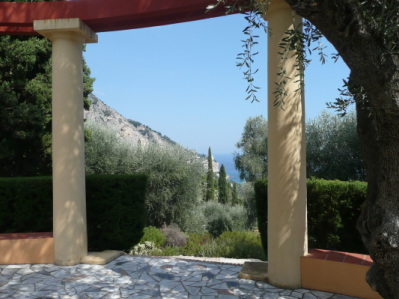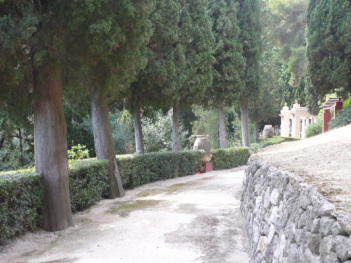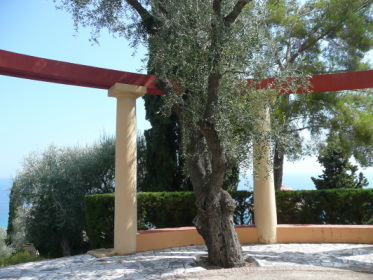
Fredosor.com
Seneca:
On tranquility of mind
The wise man does not have to walk nervously or cautiously, for he has such self-confidence that he does not hesitate to make a stand against Fortune and will never give ground to her.
He has no reason to fear her, since he regards as held on loan not only his goods and possessions and status, but even his body, his eyes and hand, and all that makes life more dear, and his very self.
He lives as though he were lent to himself and bound to return the loan on demand without complaint.
Nor is he thereby cheap in his own eyes, because he knows he is not his own, but he will act in all things as carefully and meticulously as a devout and holy man guards anything entrusted to him.
And whenever he is ordered to repay his debt he will not complain to Fortune, but he will say:

“I thank you for what I have possessed and held.
I have looked after your property to my great benefit,
but at your command I give and yield it with gratitude and good will.
If you want me still to have anything of yours, I shall keep it safe.
If you wish otherwise, I give back and restore to you my silver,
both coined and plate, my house and my household.”
Should Nature demand back what she previously entrusted to us, we shall say to her too:
“Take back my spirit in better shape than when you gave it. I do not quibble or hang back. I am willing for you to have straightaway what you gave me before I was conscious – take it.”
What is the harm in returning to the point whence you came? He will live badly who does not know how to die well.
